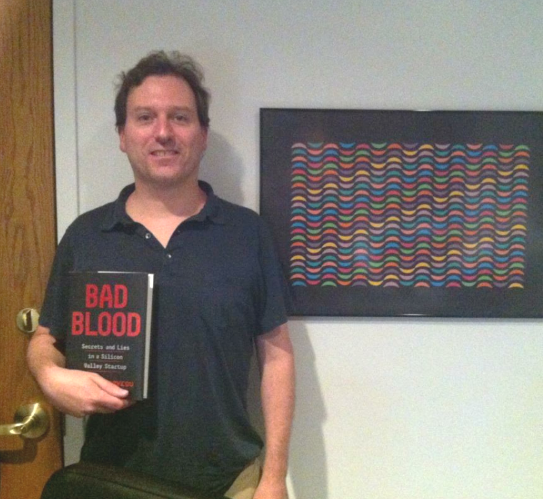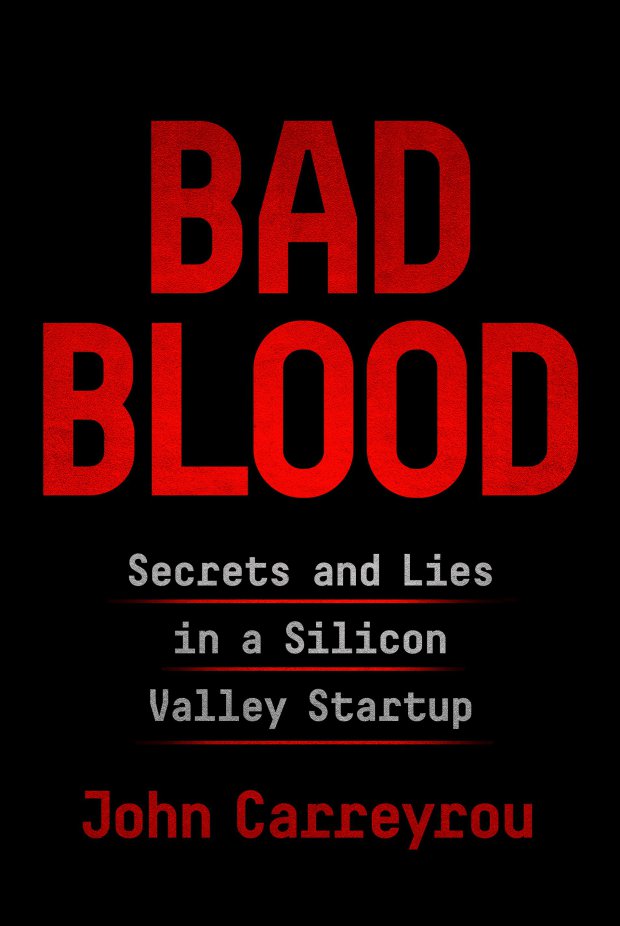

We focus in on the diligent complex investigative reporting that examined failed oversight and corporate fraud perpetrated by a multi-billion dollar biotech startup. The company is called Theranos. Its founder was CEO Elizabeth Holmes. In early 2003, Holmes dropped out of Stanford University and created Theranos after patenting an idea to develop portable blood testing machines that use only a single drop of blood. She rose to success and soon became known as the youngest female billionaire. Despite the deals signed with consumer health companies, federal approval, and raving New Yorker and Forbes articles calling Holmes the next Steve Jobs, there were big problems behind the scenes. Theranos blood test technology was exposed as error prone and inaccurate by former employees. Some of the employees fearfully reached out to Wall Street Journal reporter John Carreyrou and he began to investigate. After three and a half years of tenacious reporting, his recently published book Bad Blood: Secrets and Lies In A Silicon Valley Startup now chronicles the hubris and criminal activity that led up to the Theranos crater.
Guest – John Carreyrou is a member of The Wall Street Journal’s investigative reporting team. He joined the Journal in 1999 and has been based in Brussels, Paris and New York for the paper.
